TMJ, TMD – Temporomandibular Joint Disorder
TMJ or TMD are broad terms used to cover acute or chronic inflammation of the temporomandibular joint, or the joint which connects the jaw to the skull. Disorders in this region can result in considerable pain and/or impairment in the face, jaw joint, neck and shoulders. Other symptoms are headaches, bite problems, popping sounds when the jaw is in motion, and difficulty opening the jaw or it being locked in one position.
TMJ or TMD are often treated with bite splints, bite guards, medication, restorative dentistry, or adjustment of the bite to bring it into balance.



I came to West Olive Dental as a new patient to the area. I made an appointment or a toothache and they were able to get me in and fixed up the same day. Fast, painless and great customer service.
Andrew G